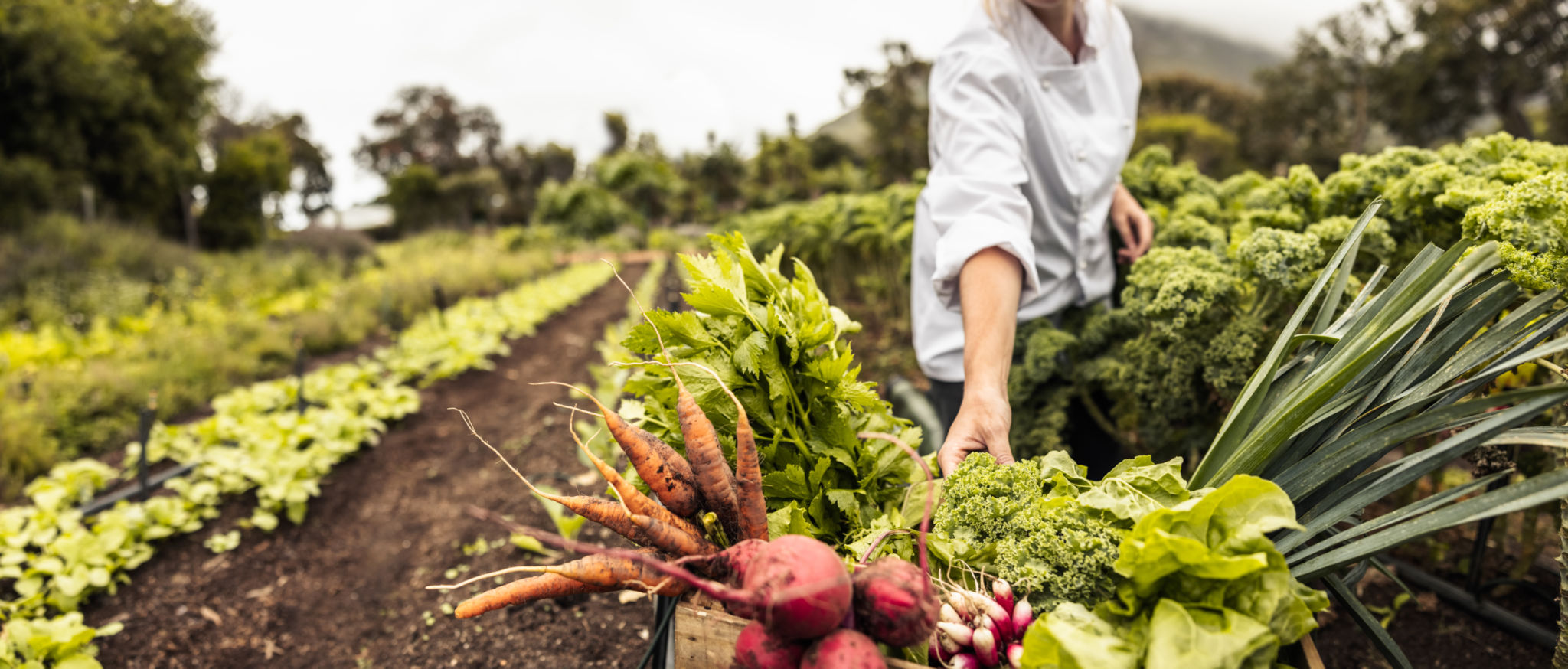Cultural Traditions and History: Connecting with a City's Soul
Understanding Cultural Traditions
Every city has a unique tapestry of cultural traditions that weave together its past, present, and future. These traditions are the living expressions of a city's history, embodying the values, beliefs, and practices handed down through generations. By engaging with these customs, you not only learn about a city's history but also gain insights into the soul of its people.
Cultural traditions can take many forms. They might be found in the vibrant festivals that light up the streets, the age-old culinary recipes passed through families, or the traditional music and dance that echo through city squares. Each tradition is a story waiting to be told, a piece of history longing to be understood.

Festivals: A Celebration of Heritage
Festivals are one of the most vivid expressions of cultural traditions. They offer a window into a city's soul, showcasing the rich tapestry of its heritage. Whether it's a grand parade, a religious procession, or a local fair, festivals bring people together in celebration and remembrance.
Participating in local festivals allows you to experience the city's heritage firsthand. From tasting traditional foods to engaging in cultural performances, these events are a feast for the senses. They highlight the diversity and unity among communities, fostering a sense of belonging and pride.

The Role of Architecture in Cultural Expression
Architecture is another significant aspect of cultural traditions. The buildings and structures within a city tell stories of its past rulers, its economic prosperity, and its artistic influences. From ancient temples to modern skyscrapers, each architectural style reflects the era in which it was built.
Exploring historic landmarks provides a tangible connection to the past. Walking through ancient ruins or admiring intricate facades allows you to step back in time and appreciate the craftsmanship and artistry that have shaped the city's identity.

Culinary Traditions: Savoring History
The flavors of a city offer yet another avenue to connect with its cultural traditions. Culinary practices are often deeply rooted in history and reflect the geography, climate, and cultural exchanges that have influenced a region over centuries.
Sampling local dishes is an invitation to explore the culinary heritage of a city. Whether it's savoring street food or dining in a family-run restaurant, each bite tells a story of tradition and innovation. Food not only nourishes the body but also connects individuals to their cultural roots and community.
- Authentic recipes passed down through generations
- Fusion cuisines showcasing cultural exchanges
- Traditional cooking methods preserved over time

The Impact of Cultural Traditions on Modern Life
Cultural traditions are not relics of the past; they continue to influence modern life in profound ways. They shape a city's identity, influence its social norms, and contribute to its economic vitality. By understanding these traditions, we gain a deeper appreciation for how they impact contemporary society.
Engaging with cultural traditions enriches our perspective and fosters cross-cultural understanding. As we learn about different customs and histories, we become more empathetic and open-minded individuals, capable of appreciating the diverse tapestry of human experiences.
Conclusion: Embracing Cultural Connections
Connecting with a city's soul through its cultural traditions is a journey of discovery and appreciation. By immersing ourselves in the festivals, architecture, cuisine, and historical narratives, we can uncover the stories that define a city and its people.
Whether you're traveling to new destinations or exploring your hometown's heritage, take the time to engage with local traditions. By doing so, you not only honor the past but also become an active participant in preserving and celebrating the rich cultural legacy that connects us all.